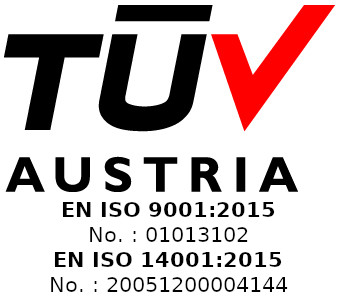 |
DMM (Distant Medical Monitoring) is an eHealth platform supporting remote monitoring of biometric data and filing of respective electronic medical records. Data are transmitted and stored in an encrypted form, thus ensuring confidentiality. Transmission takes place either in real-time or asynchronously (Store & Forward) depending on Internet availability. |
Components
The platform consists of three components, a portable remote monitoring unit (PDU), a remote assessment unit (RAS) and the health information system server (HISS).
PDU consists of a laptop PC connected to an ECG and a blood Pressure/Oxygen sensor, though it may be extended to interface with additional sensors. Textual information and still images may also be entered. The laptop features a touch-screen interface for ease of operation. Captured data are transmitted to HISS using any available means of communication, such as GSM, ADSL, Dialup or Ethernet.
RAS is an application facilitating the assessment of captured biometric data (in real-time or asynchronously) and management of associated electronic medical records. RAS may be installed on any Windows XP PC with Internet connectivity.
HISS is the backbone of the system, supporting the secure transmission and storage of biometric data. Data are transmitted and stored in encrypted form based on a PKI scheme using RSA Certificates/Keys thus ensuring confidentiality. Communication with PDU & RAS is established over a VPN featuring user authentication (based on PKI) and link encryption based on a symmetric cipher (Blowfish) with a 128bit encryption key.
Benefits
-
Allow doctors to monitor patients remotely on a day-to-day basis, thus reducing patient discomfort and maximizing their productivity.
-
Ensure patient confidentiality, through secure communication and encryption.
-
Provide simple means for data acquisition.
-
Use any available communication medium.
Summary
Telemedicine is a benefit in areas where the traditional delivery of health services is impacted on by distance and lack of local specialist clinicians. It may boost patient safety, and reduce administrative costs. Furthermore, use of EMRs enables easy communication of patient data between different healthcare professionals.




